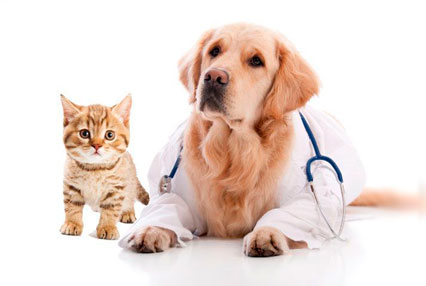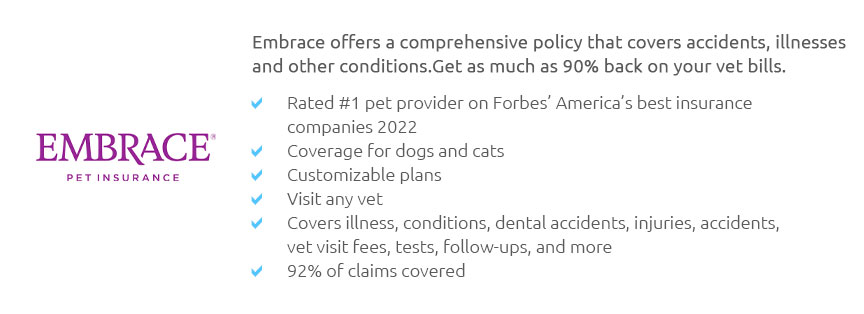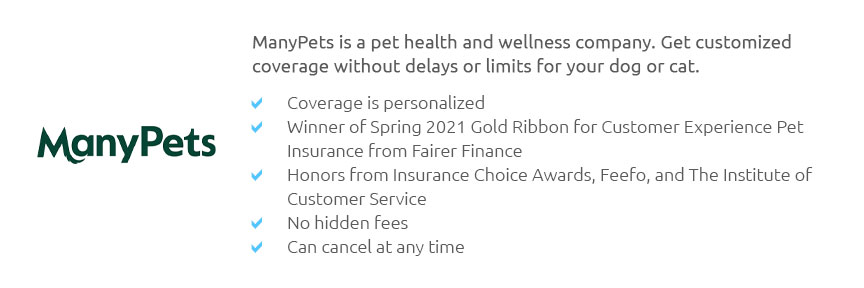 |
 |
 |
 |
 |
 |
|
 |
|
 |
|
 |
|
 |
|
 |
 |
 |
 |
 |
 |
 |
 |
Exploring What Pet Insurance Covers for Dental CareAs devoted pet parents, we often find ourselves pondering the myriad ways we can ensure the health and happiness of our furry companions. One of the often-overlooked aspects of pet health is dental care, a critical component that can significantly impact your pet's overall well-being. When considering pet insurance, many wonder what pet insurance covers dental and how comprehensive that coverage might be. The answer, as with many insurance-related inquiries, can be nuanced and varies between providers. Firstly, it's essential to recognize that not all pet insurance policies are created equal, especially when it comes to dental coverage. While some policies offer robust coverage that includes routine dental cleanings and even dental surgeries, others might only cover dental injuries or illnesses. This discrepancy underscores the importance of reading the fine print and understanding the specifics of a policy before committing. Generally speaking, pet insurance policies are more likely to cover dental accidents rather than preventive care. For example, if your dog accidentally fractures a tooth while enthusiastically chasing a ball, there's a good chance your insurance will help with the costs associated with the repair. Similarly, if your cat develops a dental disease like gingivitis that requires medical intervention, a comprehensive insurance plan might cover treatment expenses. However, routine cleanings, which are crucial for preventing dental diseases, are often excluded from standard coverage and may require an additional wellness plan. This is where it becomes imperative to weigh the costs and benefits of adding such an option to your policy. Many experts suggest considering a wellness plan if you have a breed known to have dental issues or if you simply wish to maintain optimal dental health for your pet. It's also worth mentioning that insurance providers may impose age restrictions or require a dental exam before offering coverage, which can influence your decision. Younger pets might find it easier to secure comprehensive coverage, while older pets could face limitations or higher premiums. Therefore, timing can play a crucial role in your decision-making process.
In conclusion, when delving into what pet insurance covers dental, it's paramount to conduct thorough research and choose a policy that aligns with your pet's specific needs. Consider the potential risks and benefits, and don't hesitate to seek advice from your veterinarian who can provide insights based on your pet's health history. With the right coverage, you can ensure that your beloved pet's pearly whites remain healthy, contributing to their overall quality of life. https://www.rover.com/blog/reviews/best-pet-insurance-that-covers-dental/
Best Pet Insurance That Covers Dental - Table of Contents - What Does Pet Dental Insurance Cover? - Best Overall Dental Coverage: Fetch - Best ... https://www.trupanion.com/pet-insurance-faq/article/dental
Like most other pet insurance providers, we do not cover pre-existing conditions with dental disease. To reduce the likelihood of pre-existing conditions, it ... https://www.petmd.com/general-health/pet-dental-insurance-what-it-covers-costs-2024
A pet insurance plan that includes dental cleanings, accidents, and illness can help you manage your pet's dental care and protect you against expensive ...
|